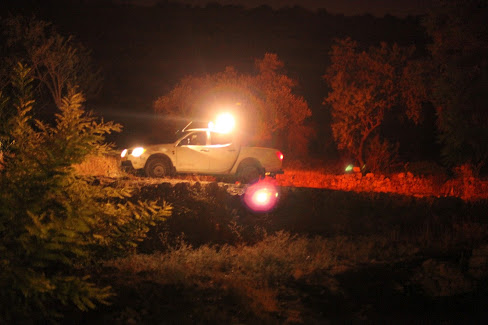Author: ISM Media Group
-
From the children of Gaza: Samouni Street
20 August 2012 | Besieged Gaza, occupied Palestine From the children of Gaza comes this adorable animation depicting the story of 4 kids of the extended Samouni family in Gaza. By animated drawings they express what happened to them and their family during operation ‘Cast Lead’.
-
Khan Al Luban: Settlers invade again
By Alex Marley 18 August | International Solidarity Movement, West Bank On Saturday August 11, 2012 the same events of three days earlier repeated themselves in Khan Al Luban. A group of 4 illegal Israeli settlers, from Ma’ale Levona, armed with guns and wooden sticks, came into Khan al Luban at 10:30 p.m. The settlers yet…
-
Call to action: Olive Harvest 2012
18 August 2012 | International Solidarity Movement, West Bank At a time of increasing settler violence in the West Bank, the International Solidarity Movement is issuing an urgent call for volunteers to participate in the 2012 Olive Harvest Campaign at the invitation of Palestinian communities. The olive tree is a national symbol for Palestinians. As thousands of…

